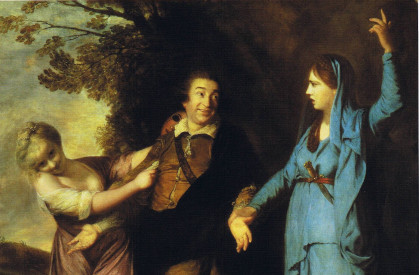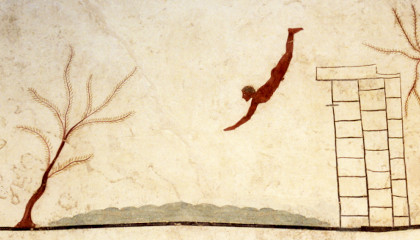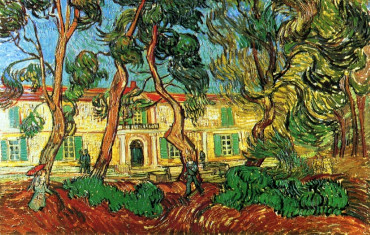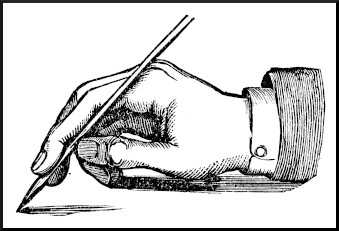David Garrick? Thomas Campbell? George Colman? John Simon? Wesley Ruggles? W. C. Fields? Carlotta Monti? Penelope Keith? Rex Harrison? Apocryphal?

Question for Quote Investigator: Comedy is often lighthearted; hence, it is counter-intuitive to view it as a serious business, yet the creators and participants of humorous works face a harsh and crowded entertainment market; they must energetically support their projects. Here are three versions of a Hollywood adage:
- Comedy is a serious matter.
- Comedy is a serious business.
- Comedy is a serious thing.
An extended version has been employed by thespians:
Any fool can play tragedy; but comedy is a damned serious business.
The popular eighteenth-century English actor David Garrick has received credit for this remark. Would you please explore this topic?
Reply from Quote Investigator: The earliest semantic match to the full statement located by QI appeared in an 1834 biography of the prominent actress Sarah Siddons titled “Life of Mrs. Siddons” by Thomas Campbell. Siddons knew many fellow actors including David Garrick and John Bannister, and the book recounted a conversation between those two. Bannister had achieved success playing roles in tragedies, and he was contemplating broadening his repertoire to include comic characters. In the following passage the phrase “English Roscius” referred to Garrick who tried to dissuade Bannister. Boldface added to excerpts by QI:1
At another interview, he ventured to tell the English Roscius that he had some thoughts of attempting comedy. “Eh, eh?” said Garrick, “why no, don’t think of that, you may humbug the town for some time longer as a tragedian; but comedy is a serious thing, so don’t try it yet.” Bannister, however, attempted comedy; and his Don Whiskerandos (as he himself says) laughed his tragedy out of fashion.
As indicated above Bannister disregarded Garrick’s advice and achieved additional fame by playing the comical character Don Whiskerandos in the satire “The Critic” by the Irish playwright Richard Brinsley Sheridan.
This exchange between Bannister and Garrick was described by Campbell many years after the death of Garrick in 1779; hence, its credibility is reduced.
Below are additional selected citations in chronological order.
Continue reading “Quote Origin: You May Humbug the Town for Some Time Longer as a Tragedian; But Comedy Is a Serious Thing”





